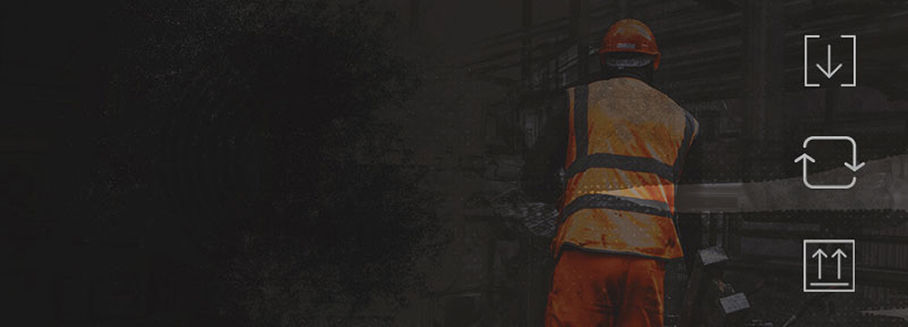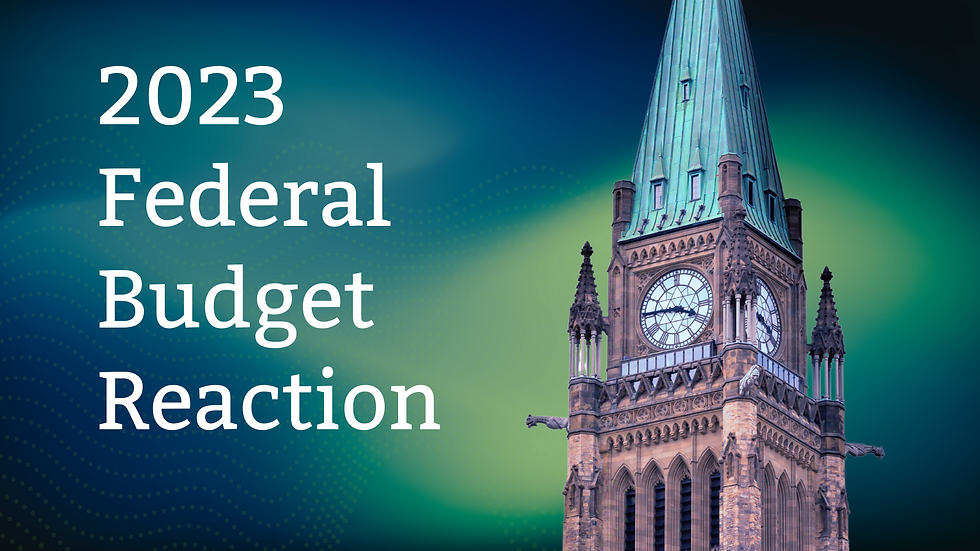Reimagining Carbon
- Alison Cretney
- Oct 17, 2019
- 2 min read

In many ways, this has been the Year of Carbon at the EFL.
We need to re-imagine carbon and re-imagine waste to make a substantial reduction in GHG emissions.
We have been supporting carbon neutral and carbon positive initiatives as well as refreshing EFL’s portfolio of initiatives to solve interrelated climate, environmental and economic challenges. Reducing carbon emissions from oil and gas assets and leveraging Alberta’s legacy infrastructure are important areas for the Lab. For instance, current and emerging technologies for Carbon Capture, Utilization, and Storage (CCUS) can play an important role in reducing carbon emissions in Alberta. We recently held a CCUS Workshop exploring how to increase momentum and political will while addressing barriers that slow its uptake, such as regulatory uncertainty, funding challenges, and public acceptance.
We need to re-imagine carbon and re-imagine waste to make a substantial reduction in GHG emissions. At the end of this month, at SPARK 2019, the EFL will host a session on how to frame a carbon positive conversation while The Natural Step Canada’s President & CEO David Hughes will moderate the panel Leveraging Canada’s Rich Natural Resources to Lead in a Global Circular Economy, exploring the linkages between re-imagining carbon waste and the concept of circularity.
There are many ways that EFL Fellows and partners are rethinking the role of oil and gas in a low carbon economy. For example, the work at Canadian Energy Systems Analysis Research (CESAR) has been instrumental in developing a pathway for hydrogen produced from natural gas as a promising zero-emissions fuel. The Alberta Zero-Emissions Truck Electrification Collaboration (AZETEC), received $15 million earlier this year to pilot two hydrogen-fueled trucks that will move freight year-round between Edmonton and Calgary. The EFL is supporting these exciting developments by developing an engaged network of key players and enablers towards building a hydrogen economy in Alberta.
In order to enable transition, we also need to look at advanced technologies and their intersection with climate and environmental solutions. Since 2018, the RBC Foundation has supported our Energy.AI series to create pilots and projects that employ machine learning and artificial intelligence applications for reducing GHG emissions and addressing climate change. We recently held our Energy.AI3 Accelerator, which advanced three initiatives around increasing efficiency in oil and gas operations through applying AI; improving power system data quality to enable AI applications; and exploring how advanced technologies can help depolarize public discourse on energy.
There are many solutions to our environmental and climate challenges in Alberta. We are working to advance high-value initiatives that not only cut emissions, but can even be carbon positive solutions. We need to leverage legacy infrastructure, rethink carbon and waste, while making significant efficiency advancements in our current energy system.
Learn more about EFL initiatives here.




Comments